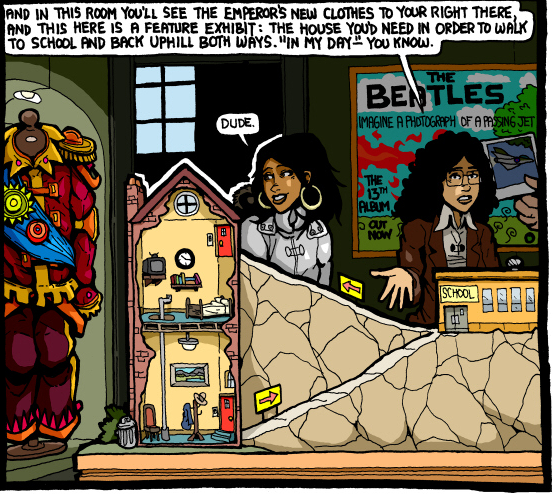Sad cliché reversal
A painfully sad health story in today's news media. For some time now there have been suspicions that isotretinoin (= Roaccutane = Accutane = Amnesteem = Claravis = Clarus = Decutan — drugs have more names than the devil) tended to increase the risk of depression and suicide in its users. But it wasn't the drug. It was the acute acne (and of course the social consequences thereof). For once the familiar cliché is reversed: it turns out the disease was worse than the cure.
Permalink Comments off

